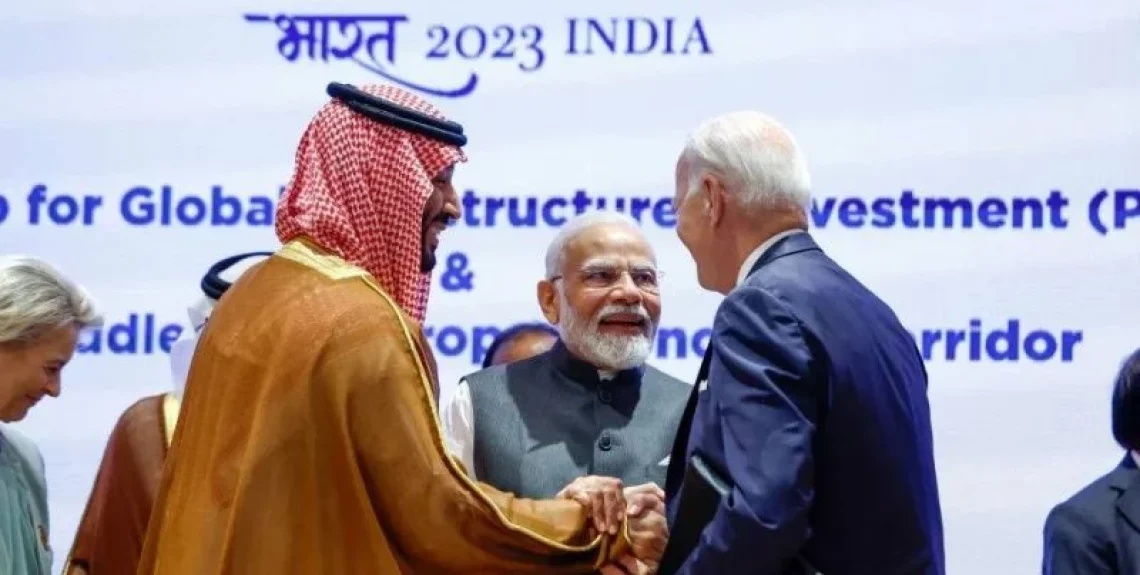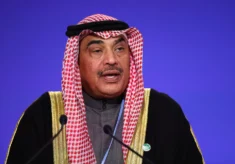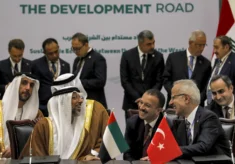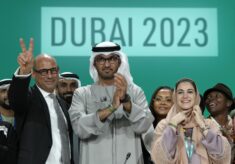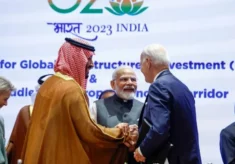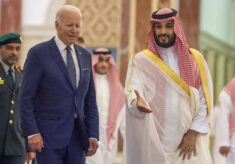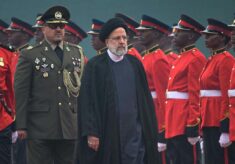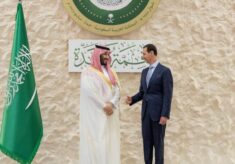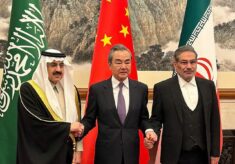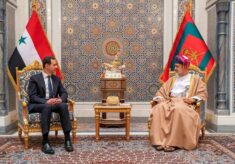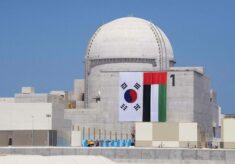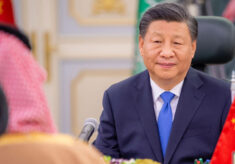Coupled with the evident failure of multilateral institutions to address impelling issues such as climate change, the apparently rapid decline of the globalisation (probably affected by the renewed great power competition) is shifting the focus to the regional level. This trend has been particularly evident in the Global South, where developing countries have revived a plethora of different forums and organisations in order to escape difficult choices in an increasingly polarised world.
As an integral and crucial part of the ‘Middle-Earth’ between China and the US, Gulf countries have been actively involved in the sudden rise of minilateralism, prioritising shared interests over common values and long-term commitments that define traditional alliances. Loose groupings such as BRICS (established at the dawn of the new millennium by Brazil, Russia, India, China and South Africa) came to increased prominence, drawing interests for a model of mixed capitalism convincingly endorsed by the authoritarian capitalist model of Beijing and Moscow.
In this perspective, the admission of Saudi Arabia and the UAE (together with Argentina, Egypt, Ethiopia and Iran, all joining the forum from 2024) into the BRICS comes as no surprise. The decision certainly displeases Washington, particularly worried about the de-dollarisation prospects emerged during the summit in Johannesburg. More importantly, the Emirati and Saudi’s membership of BRICS reinforces the impression of a US losing ground in the Middle East, as two of its most important security partners get closer to China (and Russia in the wake).
Nevertheless, there is clearly more to these diplomatic manoeuvres taken in plain sight than meets the eye. Certainly, Abu Dhabi and Riyadh seem increasingly aware of the need maximise the benefits of non-alignment, while navigating a multipolar world. The most recent G20 summit in India offers another example of the hedging strategy adopted by both leaderships, as they rely on minilateral forums to pursue their national interests. The India-Middle East-Europe Corridor (IMEC) unveiled during this event is a 3.000 miles multimode transit corridor in which both Gulf countries would play a central role thanks to their geography and critical infrastructures, also following millennia-old trade patterns across the Indian Ocean.
The ship-to-rail transit network will boost opportunities for trade and investments between New Delhi and Riyadh, providing a platform for enhancing cooperation on which the Indian President Narendra Modi and the Saudi Crown Prince Mohammed bin Salman already held talks immediately after the summit. More importantly, it would provide a viable alternative to the Belt and Road Initiative sponsored by Beijing and opposed by Washington, which has been particularly keen to facilitate and support talks about the IMEC.
Stemming from another minilateral forum such as the I2U2 (India, Israel, the UAE and the US), the eventual inclusion of Israel in the project also sheds lights on the contingencies of the post-Abraham Accords Middle East. As Riyadh and Tel Aviv both push for extra-concessions from a US administration eager to broker a broader deal based on the normalisation of ties, the limits of a minimal approach to complex and interdependent regional issues emerge more clearly.
Driven by the diverging agendas of the great powers, these ad hoc solutions will inevitably result in favour of the rising Gulf powers planning to assume the leadership of the Global South and play a mediating role between the east and the west. However, they could also fragment a fragile regional landscape that has recovered only recently from a decade of turmoil, also paving the way for further transactionalism and quid pro quo in foreign relations.

